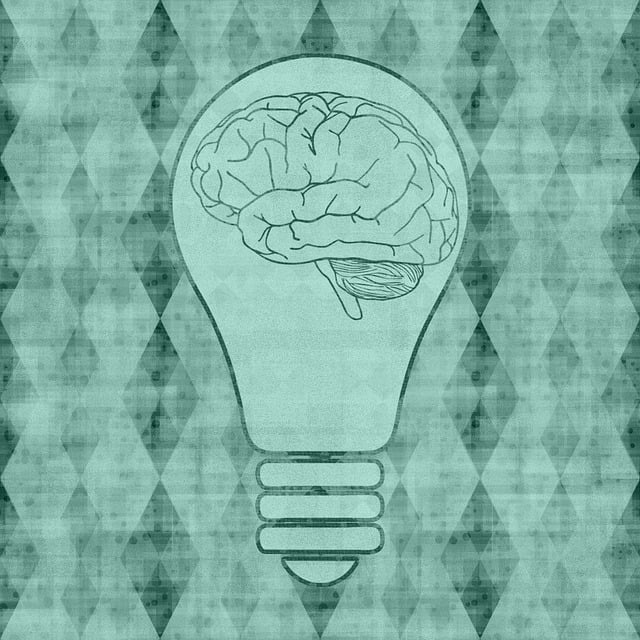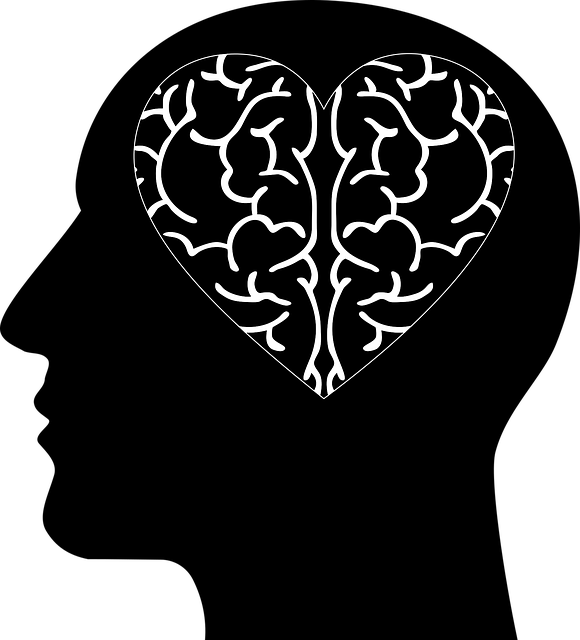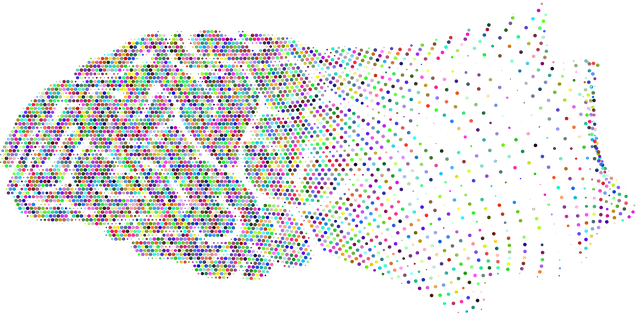Greenwood Village Chronic Illness Therapy offers a unique Social Skills Training program tailored for individuals with mental health conditions. Combining Compassion Cultivation Practices and Mindfulness Meditation, they help clients navigate social challenges, build resilience, and improve communication skills. This holistic approach focuses on emotional intelligence, cultural sensitivity, and peer support, empowering participants to manage depression and enhance overall well-being through effective social connections. By fostering understanding and breaking down barriers through Community Outreach Programs, Greenwood Village supports sustained recovery for those living with chronic illnesses in a complex social landscape.
Social skills training is a powerful tool in supporting individuals with mental health conditions, especially those facing chronic illnesses. This article explores the significance of social connections in recovery and provides insights into the challenges that often hinder social interactions for people with mental health struggles. We delve into effective strategies for social skills development and highlight Greenwood Village Chronic Illness Therapy’s holistic approach, offering a beacon of hope and improved social integration for those seeking support.
- Understanding the Importance of Social Skills in Mental Health Recovery
- Identifying Challenges: Social Interactions and Chronic Illnesses
- Strategies for Effective Social Skills Training
- Greenwood Village Chronic Illness Therapy: A Holistic Approach to Enhancing Social Connections
Understanding the Importance of Social Skills in Mental Health Recovery

In the journey towards mental health recovery, recognizing the profound impact of social skills cannot be overstated. Social Skills Training plays a pivotal role in empowering individuals with conditions such as chronic illness to navigate their daily lives more effectively. At Greenwood Village Chronic Illness Therapy, we understand that mental health is intricately linked to one’s ability to connect, communicate, and engage with others. In today’s complex social landscape, fostering strong social connections can be challenging, especially for those dealing with chronic illnesses that may limit mobility or energy levels.
By integrating Compassion Cultivation Practices and Mindfulness Meditation into Social Skills Training, we aim to help clients develop empathy, enhance self-awareness, and cultivate a deeper sense of belonging. These practices enable individuals to approach social interactions with greater calmness and clarity, fostering supportive relationships that are crucial for sustained recovery. Through tailored exercises and guided discussions, our team assists clients in building resilience, improving communication strategies, and gaining confidence in various social settings.
Identifying Challenges: Social Interactions and Chronic Illnesses

Many individuals living with chronic illnesses face unique challenges when it comes to social interactions due to the nature of their condition and its impact on daily life. Greenwood Village Chronic Illness Therapy recognizes that managing a long-term health issue can lead to social isolation, anxiety in social settings, or difficulty navigating complex social dynamics. These challenges are particularly pronounced for those dealing with mental health conditions, where social support and connection play a pivotal role in recovery and overall mental wellness.
Community Outreach Program Implementation strategies have proven effective in addressing these issues. By fostering an environment of understanding and awareness, such programs can help break down barriers and promote inclusive social engagement. Encouraging open dialogue about mental health and emphasizing the importance of Mental Health Awareness is key to creating supportive communities where individuals with chronic illnesses feel accepted and empowered to participate fully in social activities.
Strategies for Effective Social Skills Training

Social Skills Training is an integral part of mental health treatment, offering individuals valuable tools to navigate social interactions with confidence and ease. At Greenwood Village Chronic Illness Therapy, we employ a multi-faceted approach to ensure maximum impact. One key strategy involves fostering Emotional Intelligence, enabling clients to recognize and manage their emotions effectively during social engagements. This skill is crucial for building healthy relationships and mitigating the impact of mental health conditions like depression.
Additionally, our programs emphasize Cultural Sensitivity in Mental Healthcare Practice. By promoting understanding and appreciation for diverse cultural backgrounds, we create inclusive environments that cater to the unique needs of each individual. Such an approach not only enhances therapeutic outcomes but also empowers clients to engage with their communities more meaningfully. Through role-playing exercises, group discussions, and real-life practice scenarios, our training equips participants with practical strategies for improving communication, resolving conflicts, and forming meaningful connections. These techniques are instrumental in preventing and managing depression, fostering social integration, and ultimately enhancing overall well-being.
Greenwood Village Chronic Illness Therapy: A Holistic Approach to Enhancing Social Connections

Greenwood Village Chronic Illness Therapy takes a holistic approach to enhancing social connections for individuals managing mental health conditions. Recognizing that chronic illness and mental health challenges can isolate people, their program focuses on fostering meaningful relationships and building resilience through peer support. The therapy sessions create a safe space where participants learn effective communication strategies, practice active listening, and develop coping mechanisms tailored to their unique needs. By integrating social skills training with specialized mental health care, Greenwood Village empowers individuals to navigate social interactions with confidence, improving overall well-being and quality of life.
This holistic approach goes beyond addressing symptoms by prioritizing Mental Health Awareness and Stress Management techniques. Trained therapists provide Trauma Support Services, ensuring participants feel supported and understood throughout the process. Through group activities, workshops, and individual counseling, clients gain insights into their social dynamics, learn to set boundaries, and cultivate a sense of belonging. The result is a strengthened support network that extends beyond therapy sessions, encouraging ongoing mental health management and personal growth.
Social skills training plays a pivotal role in mental health recovery, especially for individuals managing chronic illnesses. By addressing challenges related to social interactions, this holistic approach, such as that offered by Greenwood Village Chronic Illness Therapy, can significantly enhance quality of life. Through tailored strategies, people with mental health conditions can improve their ability to connect and interact with others, fostering a supportive network crucial for overall well-being.














